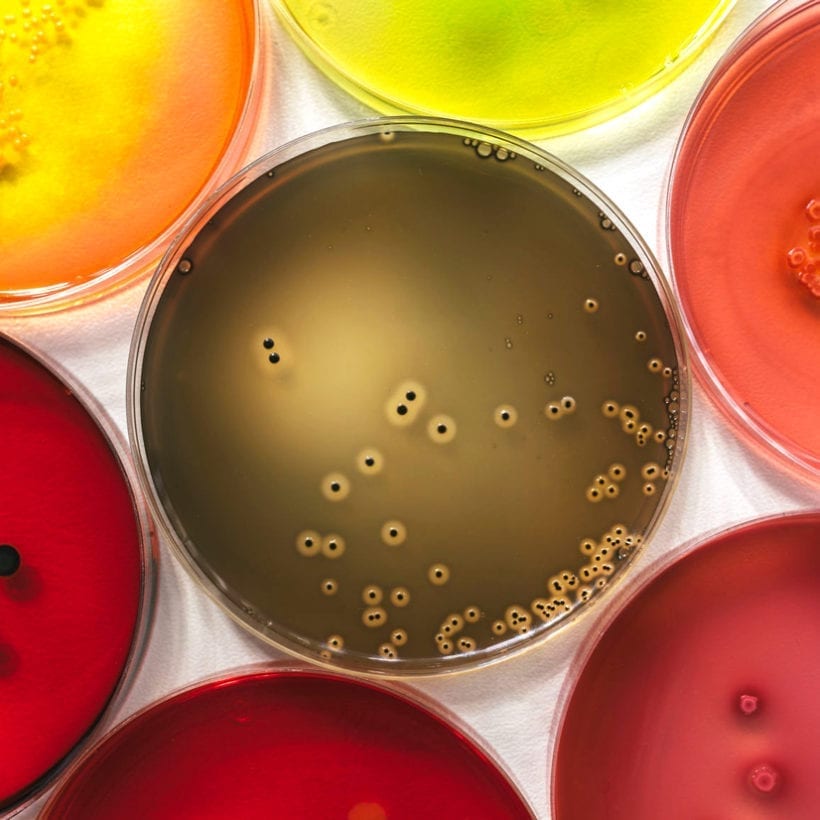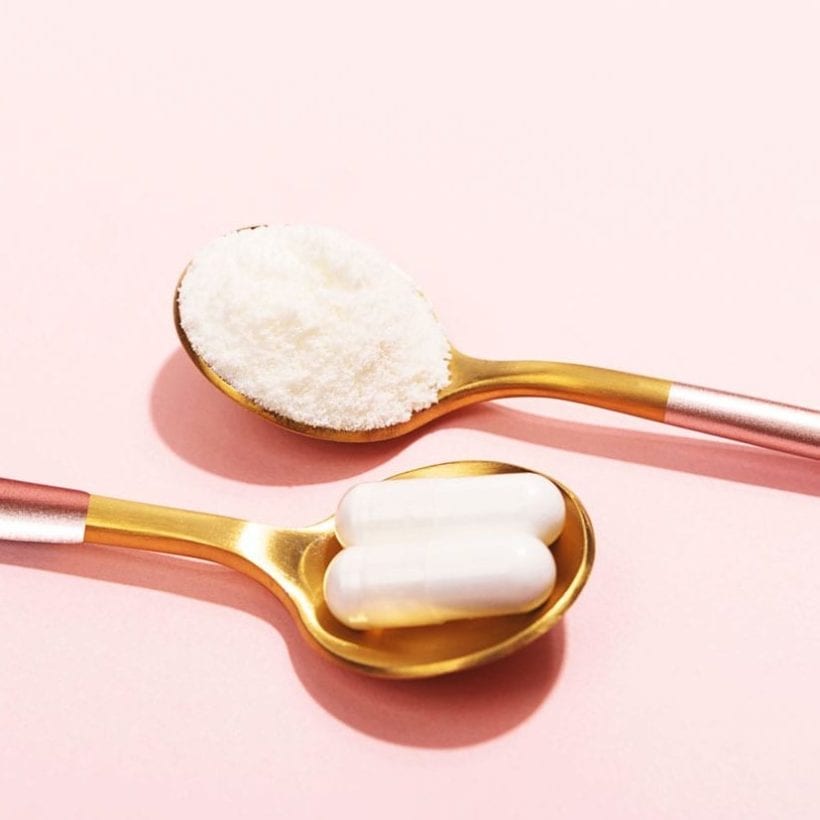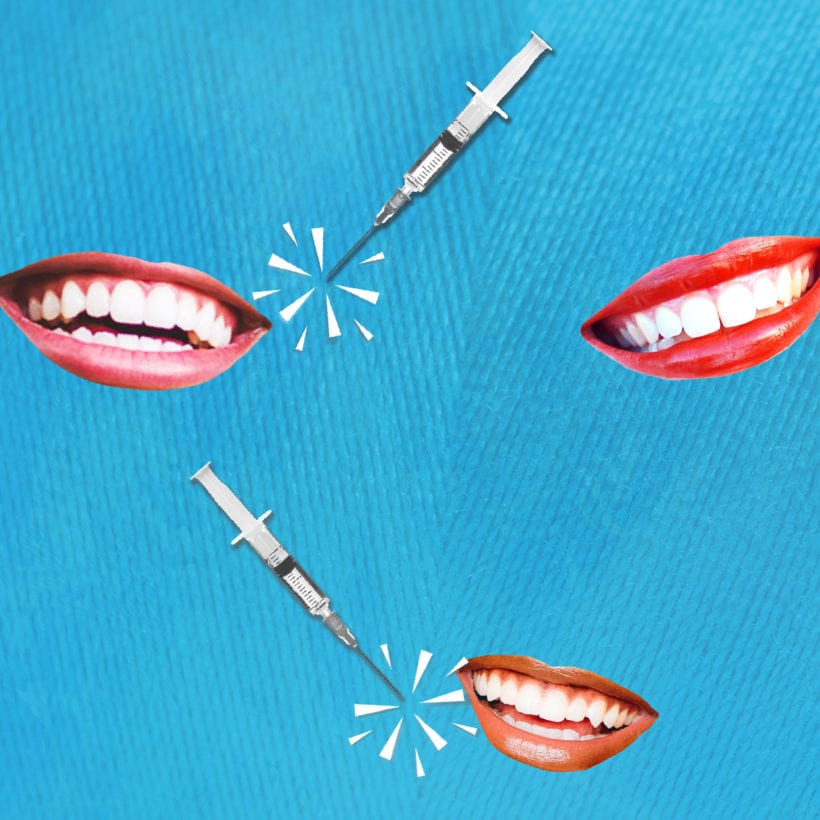Fighting age-old stereotypes, women over 50 are now referred to as “The Elastic Generation” by research, data and innovation companies. But what does this mean? Simply put, older women are not letting their age define them — and it is certainly is not keeping them from being active and involved in their community.
But this does not mean our bodies are immune to the effects of age, even if we are fighting traditional aging norms. “For women, instead of being reactive, and being like, ‘Oh my god, it’s happening to me, what do I do?’ It’s about anticipating it,” says Terri Ann Samuels, urogynecologist at Essentially You based in Houston. “It’s about looking at it from the perspective of, I’m going to go through this, what can I do to prepare myself?” For Samuels, this starts in our 30s.
What Changes Can We Expect When We Get To Our Forties?
Skin
Around 40, it is common to start experiencing drier skin that is harder to treat. The body’s production of elastin and collagen — we begin to lose collagen at the age of 20 — starts dropping, and our skin cell turnover dramatically reduces as well, which gives way to more dullness, dryness and fine lines and wrinkles. In fact, you may spot a few wrinkles here or there that showed as fine lines in your 30s but are nowhere to stay. Age spots will also start becoming apparent, particularly in your hands.
https://www.instagram.com/p/Bsy2BJKA762/
Body
“The things that I hear most commonly is fatigue, the ‘I don’t have the get-up-and-go anymore,’” says Samuels. “And the other thing would be the inability to lose weight, it’s not coming off the way it used to.” And one of the most common is weight gain around the abdomen. As we age, we lose muscle mass, which in turn decreases the rate our bodies use calories, making it harder to keep weight off.
Hormonal Changes & Menopause
The onset of menopause is different for every woman, sometimes occurring as earlier as the 30s and as late as the 60s. In the U.S., the average for the onset of menopause is 51. As women near menopause, they start experiencing what Samuels calls “the big four:” hot flashes, night sweats, depression and anxiety spurred on by a drop in estrogen as the ovaries stop producing eggs. Estrogen usually produces finer, softer hair, and testosterone the coarser kind, and the estrogen drop may cause testosterone to overpower. “A lot of women will start to grow more facial hair and start growing a little bit of mustache, and loose hair at the top of their heads, which is usually due to an imbalance between hormones.”
Sex Life
According to Samuels, most women in their 40s are extremely busy. They may have kids running around and/or they are executives at the apex of their careers, so sex becomes less of a priority. “It becomes harder to have orgasms,” she adds. “Vaginal dryness also becomes an issue because hormones are out of whack. Vaginal dryness is a function of your main stimulatory organ, which is your brain, and with additional [stress], they’re not as lubricated.” On top of that, for those women who have had vaginal births, it can result in laxity, which can also result in a bit of incontinence.
The most important thing to consider before your 40s is what you can do to, not fight the process, but slow it down.
What Can We Do About It?
“The basis of everything is to let women know that they’re not alone, and their symptoms are totally acceptable within the realm of us physicians, plus there are options for them,” says Samuels. And of these options, perhaps the most important thing to consider before your 40s is what you can do to, not fight the process, but slow it down.
“Young women tend to think, ‘I hope that never happens to me,’ but … it’s happening to you,” says Samuels.
When it comes to slowing down the process, Samuels says there is no question that women who have a healthy fitness life and eat well will have a smoother transition into menopause. This will improve hormonal balance and increase testosterone levels, which will stave off weight gain around the abdomen. A lot of abdominal fat produces a hormone called estriol (E3), which is a weak type of estrogen that, according to Samuels, does not do much to help balance the hormones in your body.
Cosmetic Treatments
“Everyone’s vision of aging is different, and sometimes, just being able to keep that wrinkle down helps,” says Samuels. She is an advocate of getting preventative treatments such as Botox or Dysport before your 40s. Other laser resurfacing treatments such as Halo laser or Clear + Brilliant laser can also help keep those age spots at bay.
Genetic Testing
We have all heard of the BRCA gene test for breast and ovarian cancer risks. But there are other types of cancers that are also genetically expressed, like pancreatic, endometrial and colon. “We’re seeing the genes now not only as individual genes, but as clusters, so if anybody in your family has clusters of those cancers, it’s encouraged you get tested,” says Samuels. By getting tested early on, you can know if you are eligible for MRIs, instead of normal mammograms, for instance, so it increases your chances of early cancer detection,” says Samuels. At 40, the Mayo Clinic doctors also recommend mammograms once every year, while the American Cancer Association recommends women begin yearly screenings at 45. Either way, screening mammograms reduce the risk of breast cancer death by 15 to 29 percent. “It may be scary, but the more information you have, the more empowered you can be. Everyone should get options, and then you can choose what’s best for yourself,” Samuels adds.
https://www.instagram.com/p/BqlJJKLjI2Z/
Aesthetic Gynecology
Also referred to as urogynecology, this sub-specialty within the realm of gynecology can help take care of any problems with the functionality or appearance down there. Though they sound a bit scary, treatments such as vaginal or pelvic reconstruction can take care of any problems with laxity or stress incontinence that may arise later on. “As opposed to plastic surgeons, urogynecology looks at it from a functional perspective first,” says Samuels. And laser and radiofrequency treatments such as DiVaTyte and ThermiVa can take care of sexual enhancement by rejuvenating cells and skin tightening. “The idea is that we can use technology to strengthen and rejuvenate a little more to get more satisfaction, and it’s a lunchtime procedure,” she adds.
Hormone Therapy
As soon as you start getting symptoms of fatigue, hot flashes, night sweats, moodiness or difficulty sleeping, there might be a hormonal issue. The first step is to get a consultation and blood work done. We naturally produce less hormones as we age, and it is important that we bring them back up to balance. Lucky for us, there is the option of hormone replacement therapy that can come in creams, patches, injections or even pellets. Samuels works with BIOTE, for instance, which are pellets that are placed under the skin and siphons off hormones as you need them, but also keeps other vitamins in your body in check, like vitamin D, B12, thyroid hormones, etc. “Hormone therapy decreases the risk of cardio diseases, colon cancer and more,” says Samuels. “So, think about what’s preventing you from functioning properly.”
We only recommend products we have independently researched, tested, and loved. If you purchase a product found through our links, Sunday Edit may earn an affiliate commission.







